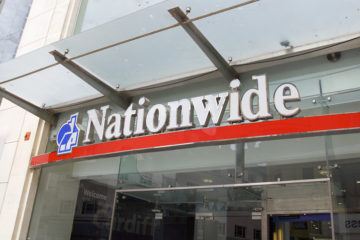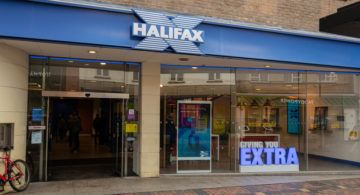Nationwide records slight increase in house prices during November
The Nationwide House Price Index for November records a slight increase in annual house growth, now sitting at 10.0%. This is up from 9.9% in October.
Prices are also up 0.9% month-on-month.
Lucy Pendleton, property expert at independent estate agents James Pendleton, comments: “This market is still barrelling along, even at a time of year that traditionally sees a little energy taken out of it.
“Fewer people choose to move home at Christmas and that normally means you see buyers drop the pace, with many holding off their search until after the New Year.
“That’s happening to a lesser degree this year but more so for buyers than sellers. This is worsening the supply crunch temporarily and that’s undoubtedly why we’re back in double digits.
“One obvious reason for this is the threat of inflation. With interest rate rises stealing plenty of headlines, everybody has become an armchair economist. It’s common knowledge that rates are historically low and are going to climb soon. The rush to beat rate rises is fuelling an unusually busy market. Mortgage approvals are still running hot as a result so we’re bracing ourselves for an unusually intense December.”
Iain McKenzie, CEO of The Guild of Property Professionals, says: “Britain’s year on the move continues, with more properties sold already this year than were sold in the whole of 2020.
“Prices are still climbing due to a shortage of stock available to prospective buyers, with many of those working from home still desperately hunting for a larger property and more space.
“There is still some uncertainty in the market, with the new Omicron variant warning people that it’s not business as usual.
“As long as the labour market remains buoyant and mortgage approvals continue at their current levels, it is likely that the demand for property will remain steady as we move into 2022.”
Craig Tonkin, Bective’s Head of Sales, comments: “While the chances of a white Christmas are slim, property market momentum continues to snowball. As we head into the final stretch of 2021 it’s quite remarkable to not only see a sustained level of high transactional volume but yet another dose of double-digit house price growth.
“There’s no doubt this is partly being driven by the returning health of the London market. While there are signs that the rest of the market is cooling, the region has gone from strength to strength in recent months.
“This is not only due to an uplift in domestic activity but also from returning foreign demand across the top tier of the market. We’ve also seen a very strong uplift in rental demand and the combination of all of these factors is helping to push the dial.”
Colby Short, founder and CEO of GetAgent.co.uk, comments: “House prices continue to climb despite fears around an interest rates increase and it seems as though the only person that will be working harder than the nation’s estate agents this December is Father Christmas himself.
“There’s been absolutely no let-up in buyer demand this year and this coupled with ongoing supply limitations has been the driving factor behind such a jolly level of house price appreciation.”
Nicky Stevenson, Managing Director at national estate agent group Fine & Country, says: “House prices remain stubbornly high despite transaction levels beginning to relax following the record surge in activity earlier in the year.
“A poor supply of housing stock has been insufficient to meet the scramble for bigger homes with more outdoor space, and it’s too early yet to predict whether the new strain of Covid will dampen price growth in the future.
“While there’s certainly no evidence that we may be about to move into lower gears, we could experience an easing off from double digit growth in the months ahead.
“For the time being, the market remains buoyant and prices continue to skyrocket.”



